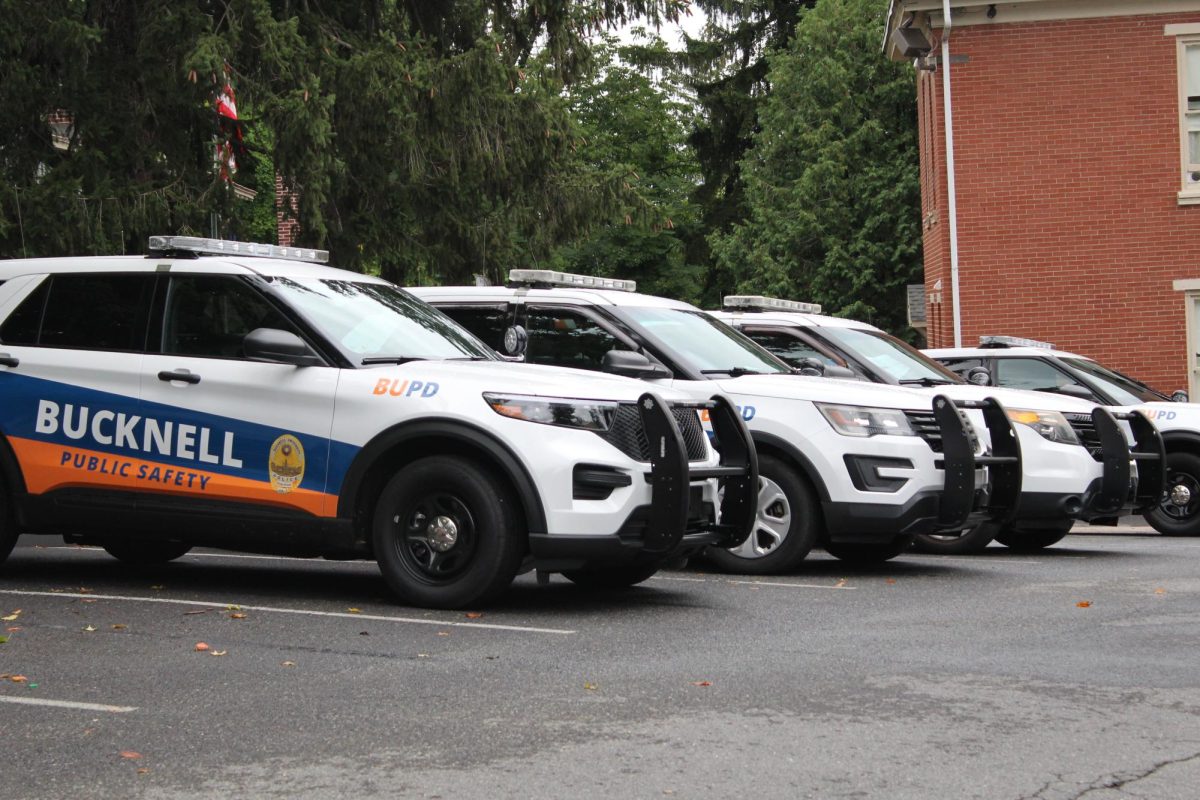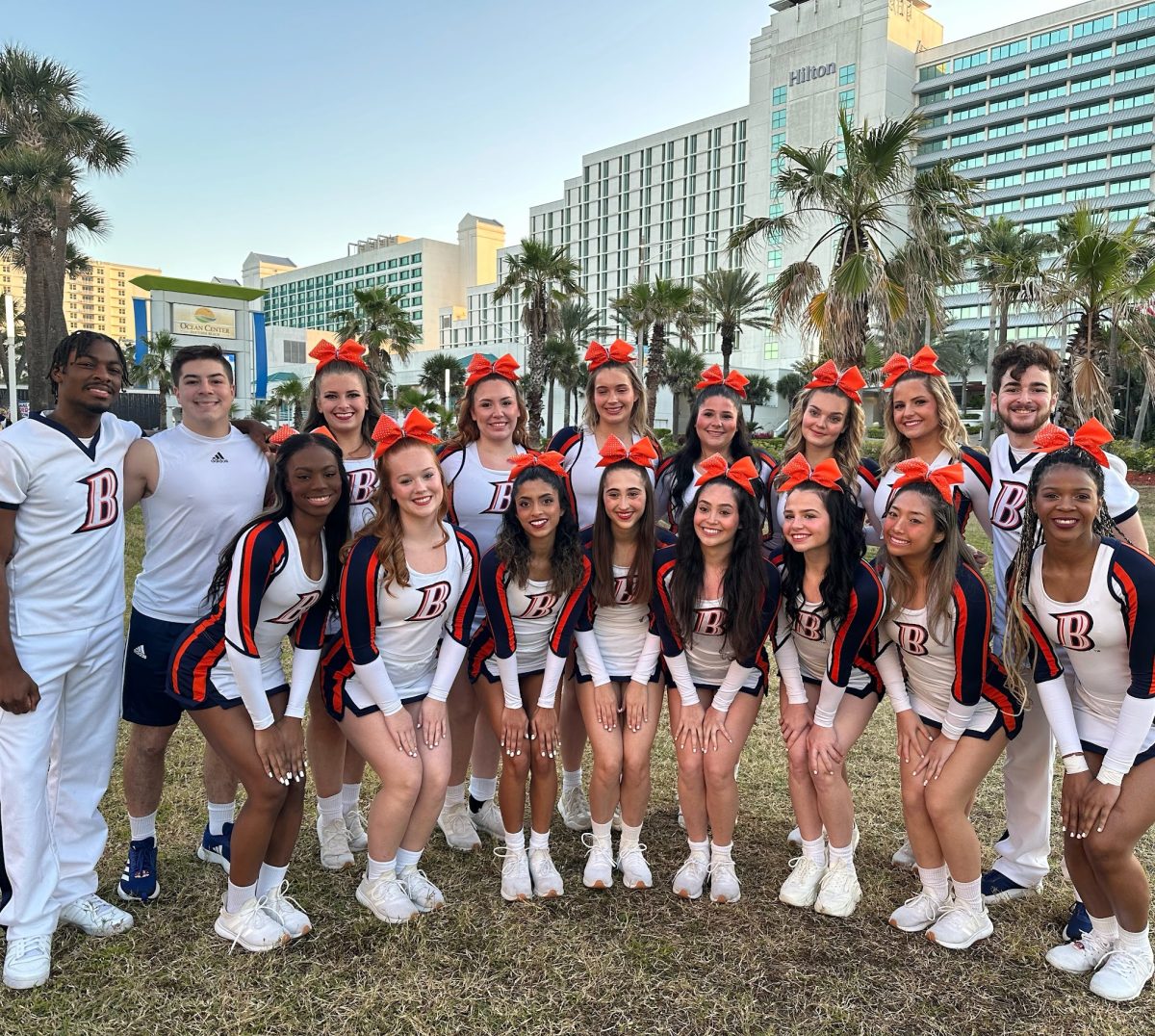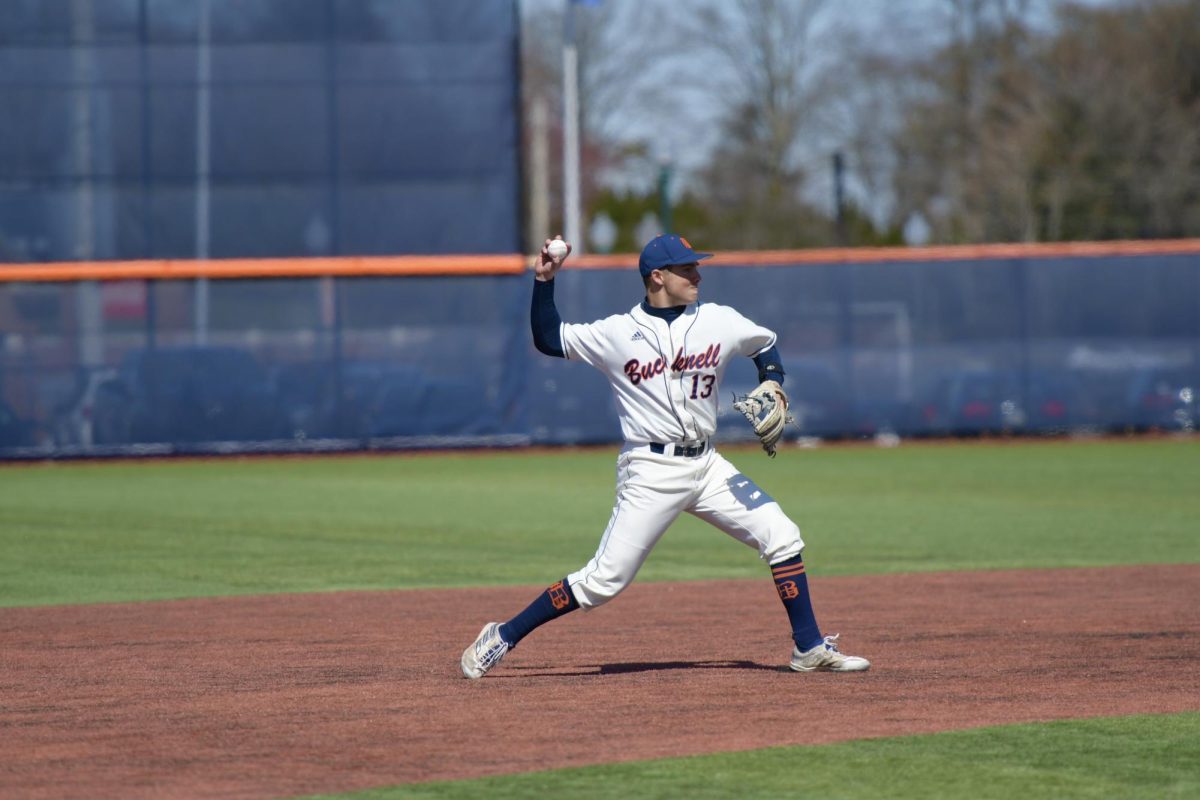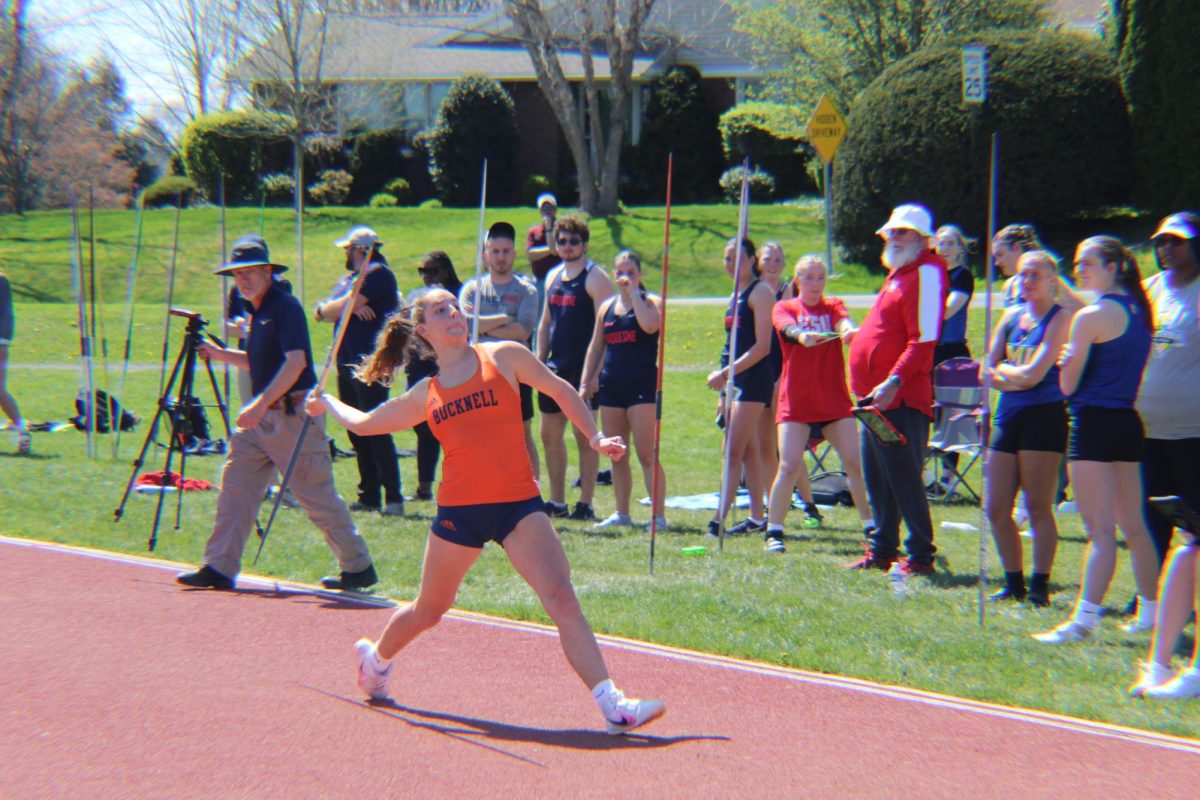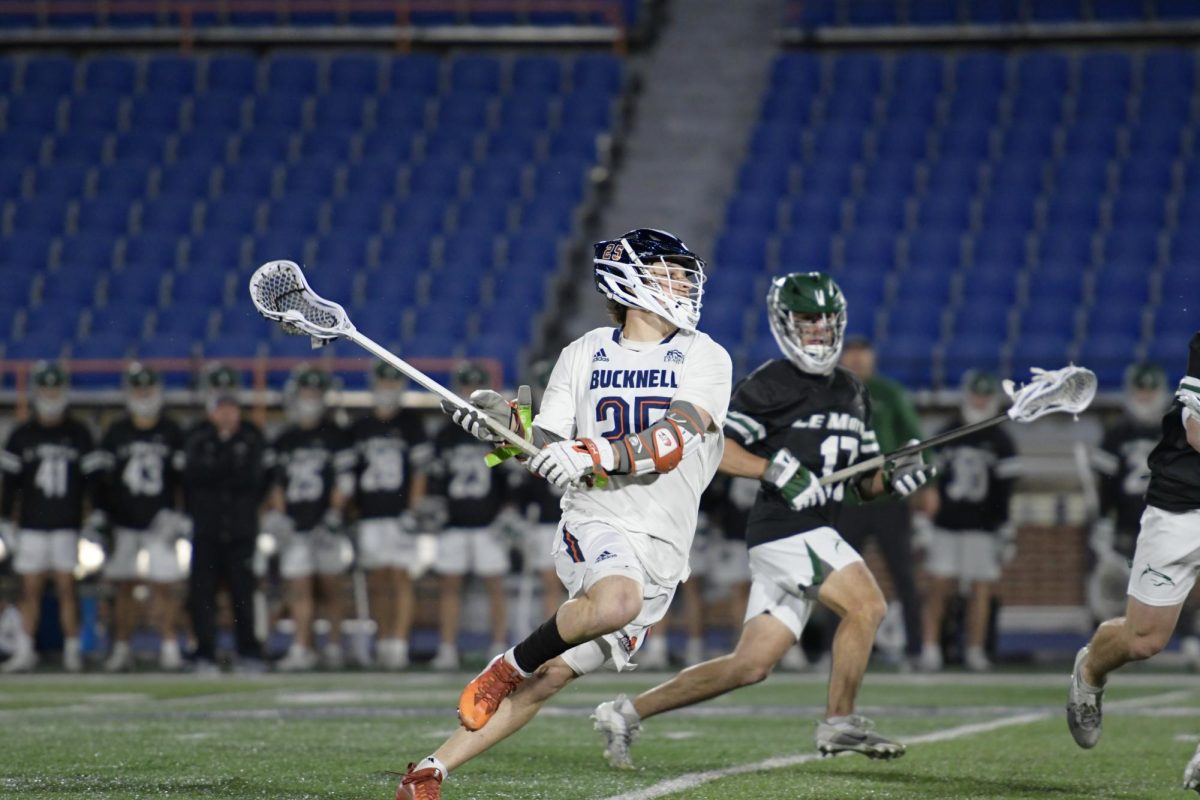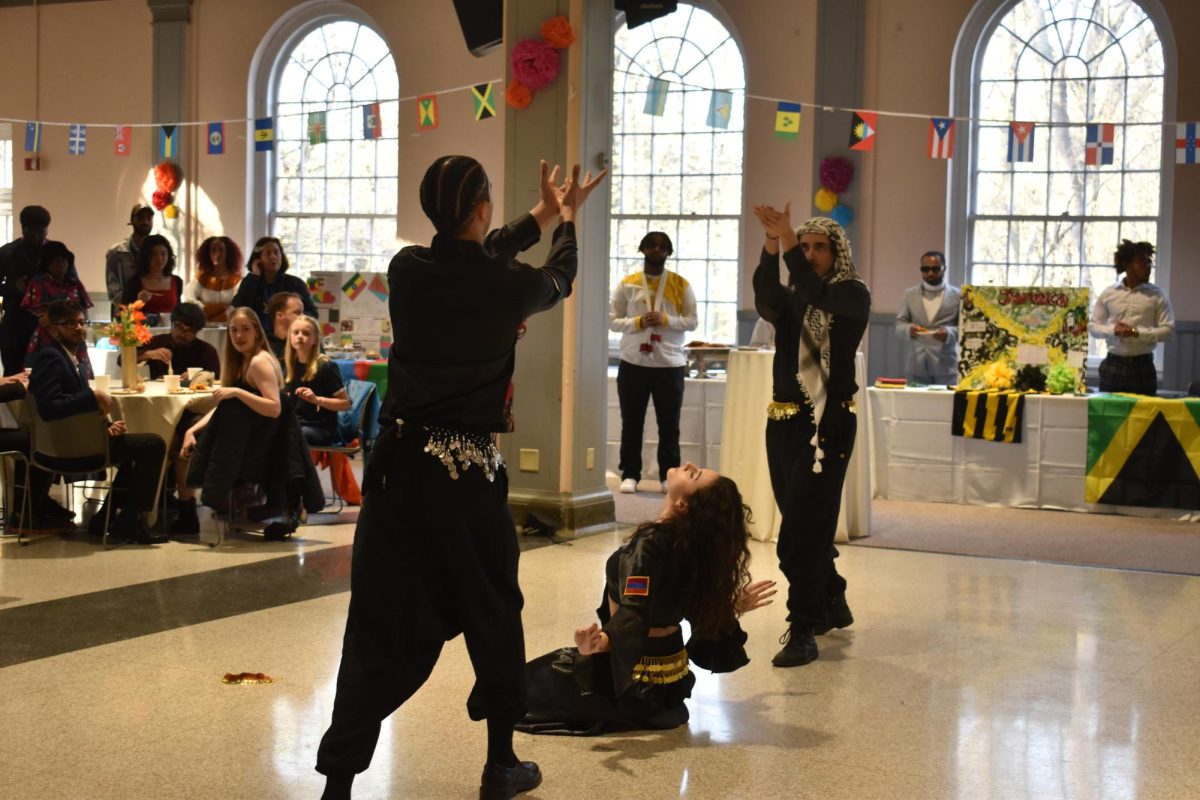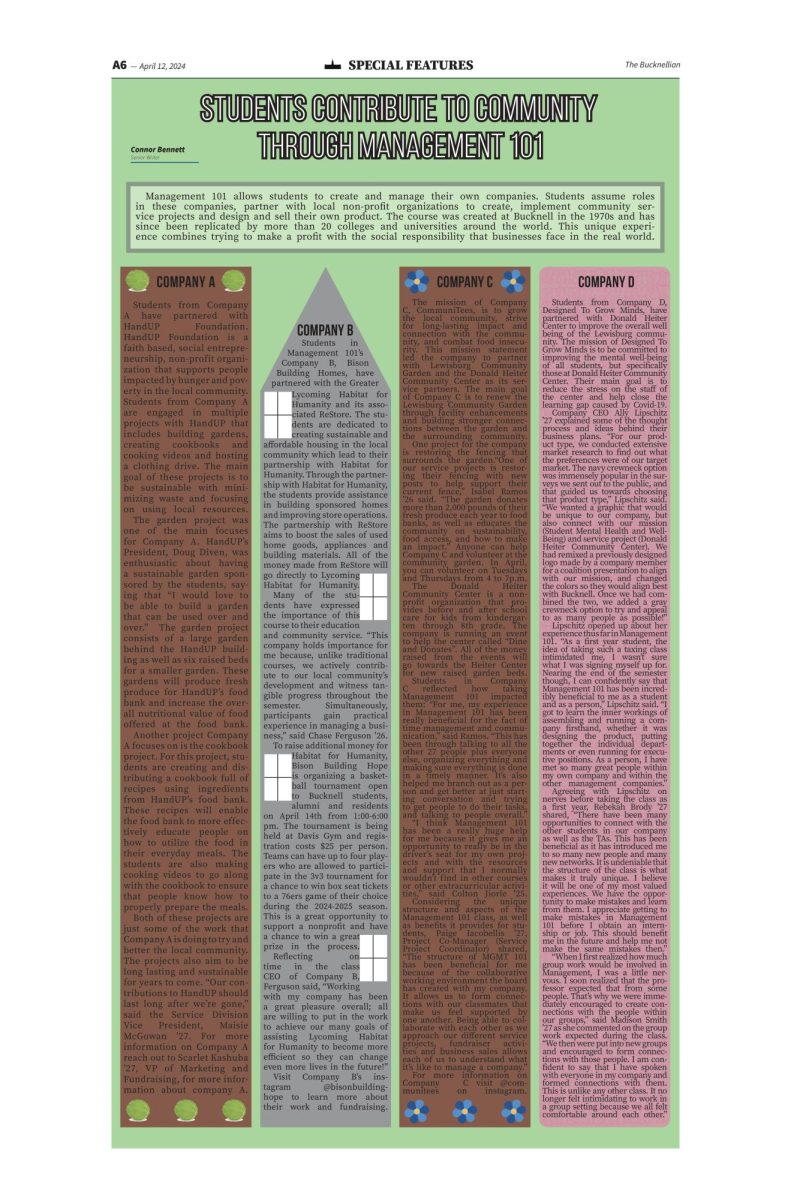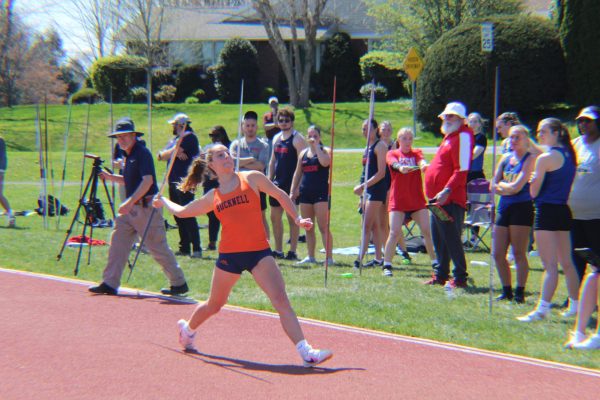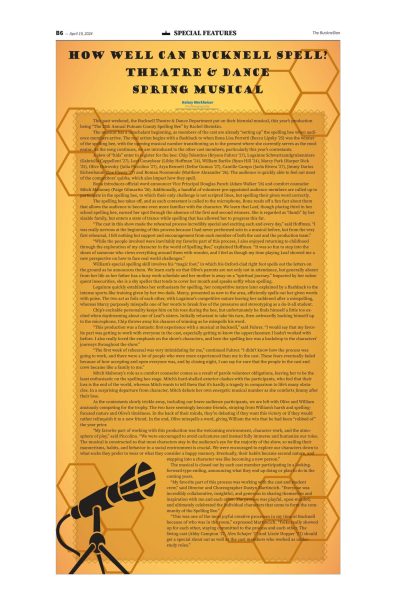David DeBoor Canfield’s Chamber Music celebrated at University performance
January 31, 2019
Composer David DeBoor Canfield attended a recital of his pieces in the Sigfried Weis Music Building on Jan. 27 at 7:30 p.m. The recital featured six pieces composed by Canfield, which were performed by University music faculty and local performers.
Canfield has composed for vocal and instrumental groups, including small and large ensembles. His style ranges from dramatic works and short recital pieces to works composed in the style of past composers, which are known as his “after” pieces. Most notable of these is his “Rhapsody After Gershwin,” composed for solo violin and orchestra.
Canfield’s pieces have been performed internationally by ensembles such as the Indianapolis Symphony Orchestra, the Moscow Philharmonic Orchestra, the U.S. Navy Band, the Thailand Philharmonic Orchestra, the Slovenian Army Orchestra, and the Indiana University and University of Iowa Bands. He has been awarded the Indiana University Dean’s Prize for his “Concerto for Piano and Orchestra,” as well as the Jill Sackler Cello Composition Contest.
The recital featured two premiere performances of Canfield’s pieces “Natati Lifaneka” and “Sextet for Clarinet, String Quartet, and Chimes.” Assistant Professor of Music Lisa Caravan spoke about what it was like to rehearse the pieces with the composer in attendance. She stated that because these two pieces were premiere performances, “it was a true collaboration between a living composer and the performers.”
Caravan also explained that the experience was different than playing pieces by other composers because instead of rehearsals being conducted as “‘here play this piece of music that I wrote for you,’ it’s more of a conversation piece.” Therefore, she felt Canfield took into account what the performers thought he should change.
The featured performer of the recital was clarinetist and saxophonist Ronald L. Caravan. He was featured in the pieces “Natati Lifaneka,” “Five Lyric Pieces,” “Fisherman of the Fragrant Harbor,” and “Sextet for Clarinet, String Quartet, and Chimes.”
Robert L. Caravan is an accomplished musician and has served as a faculty member at Syracuse University in addition to performing with the Syracuse Symphony Orchestra. Caravan was joined on stage by his two daughters, Adrienne Caravan (violin) and Lisa Caravan (cello). Other performers included Laura Frazelle (violin), Adam Paul Cordle (violin), Gregory Alico (chimes), Gary Boerckel (Piano), and Leslie Cullen (flute).
One of the pieces performed, “Canfield’s Sextet for Clarinet, String Quartet, and Chimes,” is a four-movement piece commissioned by Australian clarinetist Robert Schubert. Canfield wrote in his program that “given the nationality of the commissioner and my fond memories of a trip that my wife and I took to Australia in 2009, I attempted to bring Australian elements into the work.”
Canfield did this by recreating an element of his trip in each movement. The first movement mimicked the sounds of the Australian instrument, the didgeridoo, while the second movement contained leaps in the clarinet to imitate the jumping of a kangaroo. The third movement was mysterious, meant to create a feeling of the Great Barrier Reef. Finally, the fourth movement of the piece was upbeat and is, “suggestive of the gregarious nature of the Australians we met on our trip,” Canfield said.
The performance, as well as the attendance by the composer himself, was well received by the audience. “It was a wonderful performance that was made all that much more special by the fact that the composer was present and happy to connect with the audience,” Amy Yowell ’21 said.

